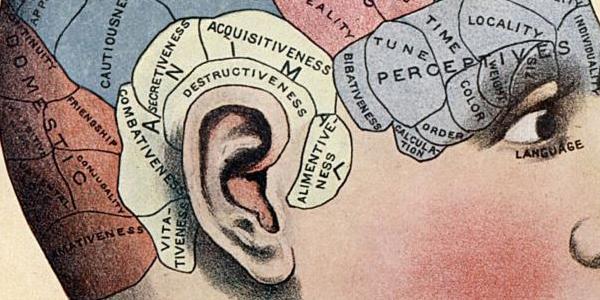Pasta Theory And Why Our Memories Start At 3 Years Old

It’s said that we imprint things into our minds as infants, but if you think back to early memories they don’t start until a little later in life. Nautilus magazine examined the phenomenon and with work by Patricia Bauer at Emory University, they found we begin to have memories at the age of 3 or later. Of course, it’s an obvious observation as all of us has a beginning memory that is not being born. Personally I remember sitting on the livingroom floor of our California home, waiting to go next door for a birthday party.
The “pasta theory” works like this: as an infant you constantly make and lose memories because they’re fleeting and small, like bits of tiny orzo pasta. At this time the brain is also a huge colander, that has trouble retaining anything. So the memories (pasta) slip through the hole. Over time things like context help to make the memories bigger, and the brain becomes more like a finely weaved pasta basket. At around the age of 3 ½ a tipping point occurs and you begin to have memories stick for the long haul.
Even though you do start to retain memories at this time, it still takes time to refine them. In an upcoming article in the Journal of Experimental Psychology Bauer’s work with Emory University included her quizzing 100 children, and their parents, to try and determine how they retain memories. Children lose memories at a rapid pace, no matter the context. Adults tend to hold onto long term memories, and are able to analyze the “who, what, when, where, and why,” which may help with retention.
The idea that memories take some time to formulate reminds me a bit of the Tabula Rasa theory John Locke put forth in An Essay Concerning Human Understanding. This theory, which is still held by many today, is that we are born with nothing in our minds. Everything is learned, and that’s why stimulation is important for an infant’s mind to develop. As you are exposed to the ever changing outside world, you begin to retain knowledge. It helps explain why for the early years you don’t retain that information, your brain has yet to be properly trained.
Sigmund Freud believed that the early memories were locked away and could be retrieved. What’s clear is that any early memories we have are vague at best. My own involves me sitting there in a livingroom, but I don’t remember the time of day, the smell of the room, or any particular details. The clearest part of the memory is the feeling of waiting, and excitement. I mean, I was about to go next door and bust open a giant pinata filled with candy. That’s a good day as a toddler.
That’s the great thing about science, especially when it comes to such wibbledy wobbledy things as human behavior. You never know what crazy new theories will come out to explain the world, and they’ll often stick around for a long time. Perhaps the “pasta theory” will stick and be the accepted norm for a long time, but who’s to say that it’s ultimately correct?
Comment in the thingy below, or on Facebook, and let us know what your earliest memories are.
CINEMABLEND NEWSLETTER
Your Daily Blend of Entertainment News
Staff Writer at CinemaBlend.

I Wasn't Sure I'd Like The Traitors, Since I Don't Know Most Of The Contestants, But I Need To Talk About How Fast It Hooked Me

That Time Emma Watson Shared Hilarious Analysis On The Difference Between Dating British And US Guys: ‘They Wear Flip-Flops, So I Dunno’

'The Best Job I've Ever Had': The Boys Creator Shares What He's 'Really Looking Forward To' When It's All Over, And It Is So Relatable
Most Popular






